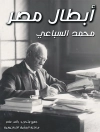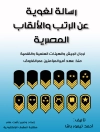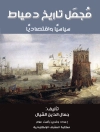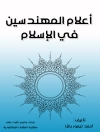This book explores the concept of ‘resilience’ in the context of militaries and militarization. Focusing on the U.S., Britain, Canada, Australia, and continental Europe, it argues that, post-9/11, there has been a shift away from ‘trauma’ and towards ‘resilience’ in framing and understanding human responses to calamitous events. The contributors to this volume show how resilience-speech has been militarized, and deeply entrenched in imagined communities. As the concept travels, it is applied in diverse and often contradictory ways to a vast array of experiences, contexts, and scientific fields and disciplines. By embracing diverse methodologies and perspectives, this book reflects on how resilience has been weaponized and employed in highly gendered ways, and how it is central to neoliberal governance in the twenty-first century. While critical of the use of resilience, the chapters also reflect on more positive ways for humans to respond to unforeseen challenges.
Spis treści
1. Introduction.- Part I: The Pre-history of Resilience.- 2. A New Psychology of War: The Science of Resilience and the Militarization of Positive Psychology.- 3. Resilience on the March: Stoic (Social) Grit.- 4. Alternative Histories of Resilience: After and Before PTSD.- Part II: Contemporary Military Cases.- 5. ‘The Bullet-Proof Mind’: Resilience and Warfighters in the US Marine Corps.- 6. Reconceptualizing Military Resilience Programming in the United States Army as Human Resource Management.- Part III: Intimate Military Lives and Spirituality.- 7. Toughened Love: The US Military, ‘Resilience’ and the Instrumentalization of Romantic Intimacy.- 8. Resilience as a Failed Concept: The Militarization of Intimate Lives.- 9. Measuring the American Soldier’s Spiritual Fitness for Warfare: How the US Army Converts Different Forms of Belief into Different Ways of Being, and Why This Matters.
O autorze
Joanna Bourke is Professor of History at Birkbeck, University of London, UK and Fellow of the British Academy. She is the author of 16 books and over 120 academic articles. Her books include An Intimate History of Killing, What It Means to be Human, and Disgrace: Global Reflections on Sexual Violence.
Robin May Schott is a philosopher and Senior Researcher at the Danish Institute for International Studies in the unit on Peace and Violence. She is the author or editor of 10 books and over 60 academic articles. Her books include Discovering Feminist Philosophy and Cognition and Eros.












